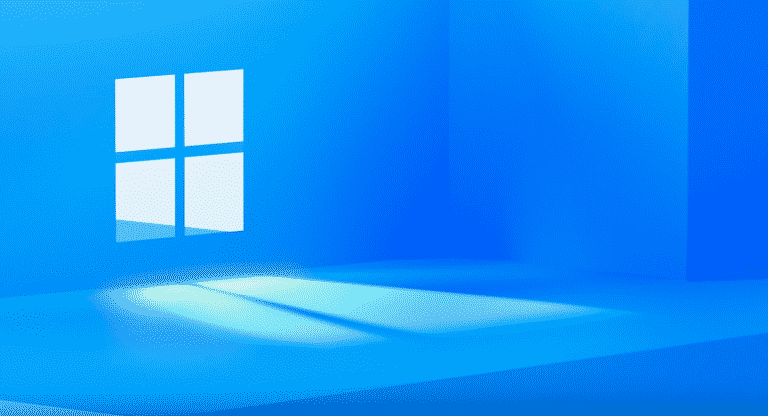Windows 11 Update: Initially, Microsoft made the entire Windows 11 upgrade procedure totally confusing when the operating system was launched.
The company then changed its mind about excluding older Intel and AMD chipsets, allowing developers and beta testers to download and install early versions of Windows 11 on PCs that were previously incompatible with the operating system.
In the intervening period, Microsoft has had sufficient time to make preemptive judgments. It has made a decision. Microsoft has stated that it will not prevent customers from installing Windows 11 on older computers, which are defined as computers that include incompatible chipsets.
This is not an exception; rather, it is a special circumstance that Microsoft is extending to anyone who prefers to manually download and install Windows 11 on older PCs.
Microsoft is rigorously adhering to the system requirements that it previously specified for PCs that will be upgraded from Windows 10 to Windows 11. There is some wiggle flexibility for some older Intel chipsets, though. Anyone who has a PC with an older CPU that Microsoft does not consider suitable for the Windows 11 update can nevertheless proceed to install Windows 11 on their own computer.
While this is a welcome relief for users of older PCs, Microsoft has made it plain that any PC that does not meet the system requirements will be unable to run the operating system in the future.
According to The Verge, the workaround that allows older CPUs to support Windows 11 is only meant to be used for research and evaluation. People who upgrade their devices via this way do so at their own risk, since the business will not cover their devices under the company’s compatibility and general system dependability support policies and procedures. That is one of the reasons why Microsoft has chosen not to publicize this solution at this time.
Windows 11 installed on these machines will also be ineligible for Windows Patches, including security updates, according to Microsoft’s statement.
This simply means that if your old PC, which does not meet Microsoft’s system requirements and so is not eligible for an update, becomes infected with a virus or malware, Microsoft will not assist you.
When Microsoft’s key security upgrades for its operating system are not available, using a PC becomes riskier unless you utilize a third-party solution that can compensate for the lack of native security standards in the operating system.
Manually installing Windows 11 would include obtaining an ISO file from the internet and booting it into the computer, which would need a certain amount of technical knowledge. This is why those who are not familiar with the subject should refrain from attempting it.
Furthermore, for customers with outdated computers, a significant portion of Microsoft’s system requirements is meaningless. The only core-level criteria that they must adhere to are that their PC has a 64-bit 1GHz CPU with at least two cores, 4GB of RAM, and 64GB of storage of any sort (including flash memory). That would be all they would need to do to manually upgrade their PC to support Windows 11.

